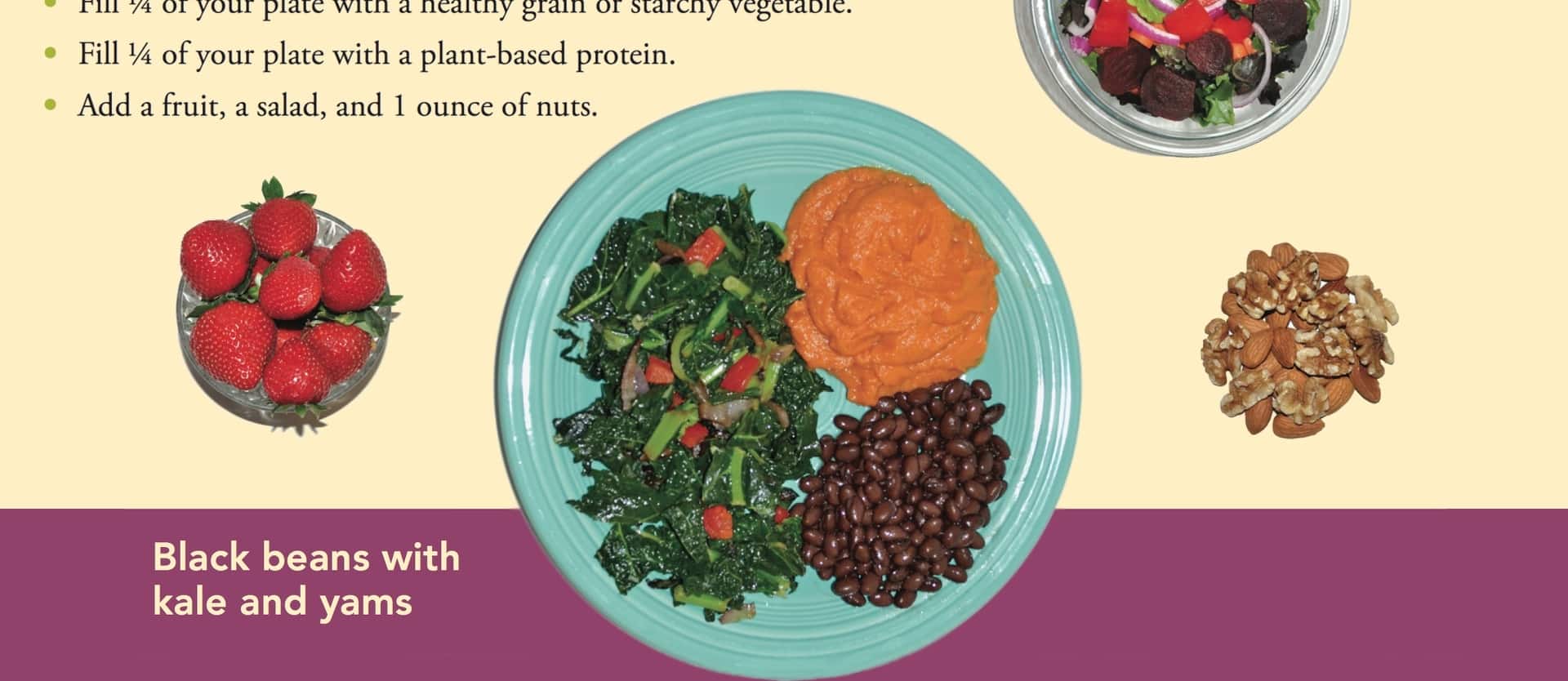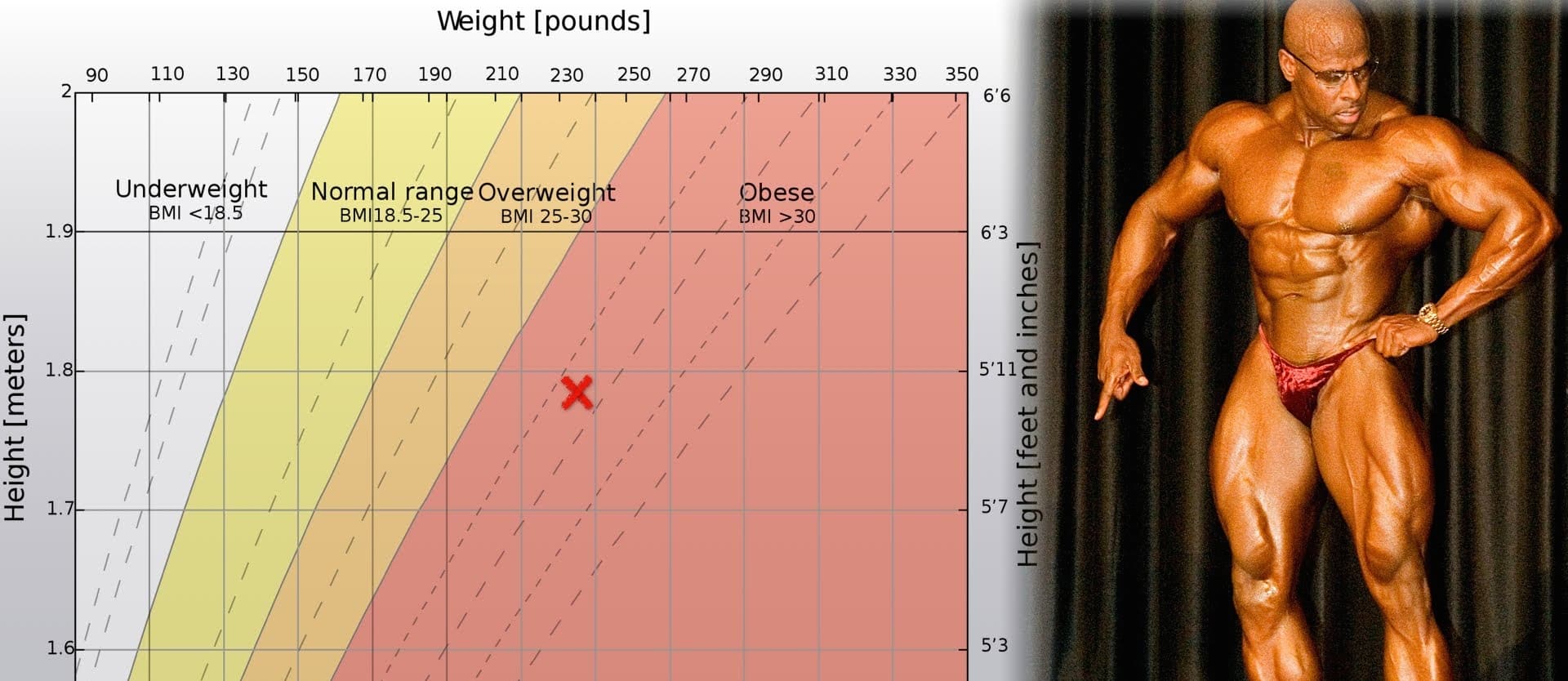
Abdominal Fat
The greatest disease burden today may be attributed to high blood pressure, a disease of overnutrition. The pandemic of chronic disease has been ascribed in part to the near-universal shift toward a diet dominated by animal-sourced and processed foods—more soda, meat, sugar, dairy, oils, eggs, and refined grains. China is perhaps the best-studied example. There, a transition away from the country’s traditional, plant-based diet was reportedly accompanied by a sharp rise in diet-related chronic diseases, including obesity, cardiovascular diseases, and cancer.
Obesity rates have been escalating to dangerously unhealthy levels. In the United States, for example, the childhood obesity epidemic has gotten so bad that some doctors have advocated for stomach-stapling gastric bypass surgery for kids.
Is all fat equal when it comes to being overweight? It’s generally accepted that health risks may be determined as much by the relative distribution of body fat as by its total amount. What seems to be the worst kind? Abdominal fat—the kind that builds up around your internal organs. Having a potbelly, with body fat concentrated in the abdominal region, may be a strong predictor of premature death.
Abdominal girth appears directly related to meat consumption: one-third of a centimeter increase in waist circumference for every ten grams of meat consumed. That means for every daily burger, we may be adding an inch onto our waist and loosening our belt one notch. It’s not just about cutting back on meat, dairy, and eggs, though. The diets of hundreds of identical twins were analyzed in a study. The subjects had the same exact genes, but those eating more plant-based diets appeared to have more favorable levels of a hormone secreted by human fat cells that helps control weight.
Does vinegar play a role in obesity? In a research study, obese subjects consumed drinks daily with either one or two tablespoons of apple cider vinegar, or a placebo drink that tasted like vinegar but contained no acetic acid. Both vinegar groups lost significantly more weight than the control group. Though the effect was modest—about four pounds over a three-month period—the vinegar groups’ subjects lost about 5 percent of their “visceral” fat, the abdominal fat that is particularly associated with chronic disease risk.
For substantiation of any statements of fact from the peer-reviewed medical literature, please see the associated videos below.
Image Credit: Kurhan © 123RF.com. This image has been modified.
Popular Videos for Abdominal Fat


Are There Foods with Negative Calories?
Is it true there are foods like celery that take more calories to digest than...
How to Prevent Prediabetes in Children
Prediabetes is a disease in and of itself, associated with early damage to the eyes,...
What Diet Should Physicians Recommend?
Kaiser Permanente, the largest U.S. managed care organization, publishes patient education materials to help make...
Nutrient-Dense Approach to Weight Management
Americans eating meat-free diets average higher intakes of nearly every nutrient, while maintaining a lower...
How Much Exercise to Sustain Weight Loss?
What role has inactivity played in the obesity epidemic and how much should we be...
Nuts and Obesity: The Weight of Evidence
Nut consumption does not appear to lead to the expected weight gain.
Waist Circumference Less than Half Your Height
Waist-to-height ratio may be a better predictor of disease than body mass index.All Videos for Abdominal Fat
-

Dietary Cholesterol and Inflammation from Abdominal Obesity
The optimal intake of dietary cholesterol may be zero.
-

Improving VO2 Max: A Look at Vegetarian and Vegan Athletes
Plant-based diets improve the performance of athletes and nonathletes alike.
-

What’s the Ideal Waist Size?
Increased risk of metabolic complications starts at an abdominal circumference of 31.5 inches in women and 37 inches in most men, though it’s closer to 35.5 inches for South Asian, Chinese, and Japanese men.
-

The Effects of Obesity on the Immune System and Kidney and Liver Diseases
What are the effects of weight loss on natural killer cell function, our first line of immune defense against cancer, as well as kidney function and fatty liver disease?
-

The Effects of Obesity on Back Pain, Blood Pressure, Cancer, and Diabetes
Losing weight can reduce sciatica, hypertension, and cancer risk, and reverse type 2 diabetes.
-

The Benefits of Calorie Restriction for Longevity
Though a bane for dieters, a slower metabolism may actually be a good thing.
-

The 3,500 Calorie per Pound Rule Is Wrong
How many fewer calories do you have to eat every day to lose one pound of body fat?
-

Do Chia Seeds Help with Belly Fat?
The secret to unlocking the benefits of chia seeds may be grinding them up.
-

Coconut Oil and Abdominal Fat
What does a review of the evidence on the effects of coconut oil on weight loss and belly fat find?
-

Maternal Diet May Affect Stress Responses in Children
Single meals can affect testosterone and cortisol (stress hormone) levels. Some foods eaten regularly during pregnancy may even reprogram children’s responses to stress later in life.
-

Can Vinegar Help with Blood Sugar Control?
Before drugs came along, the consumption of vinegar with meals was used as a folk remedy for diabetes, but it wasn’t put to the test until recently.
-

Does Apple Cider Vinegar Help with Weight Loss?
CT scans confirm that daily vinegar consumption can lead to a significant loss of abdominal fat.
-

Preventing Prediabetes by Eating More
A head-to-head test of adding beans vs. portion control for metabolic syndrome.
-

Low-Carb Diets and Coronary Blood Flow
Blood flow within the hearts of those eating low-carb diets was compared to those eating plant-based diets.
-

Nuts May Help Prevent Death
Just a few small servings of nuts a week may increase our lifespan and lower cancer risk.
-

How Long to Detox from Fish Before Pregnancy?
How many months does it take to clear 99% of the mercury and other industrial toxins from one’s body, and what role might our fat stores play in holding on to fat-soluble pollutants?
-

Are Sugary Foods Addictive?
Evidence from PET scans suggests brain activity changes from the overconsumption of sugar may parallel that of drug addiction. Diminished “pleasure center” dopamine pathway sensitivity in obese individuals may be analogous to that found in cocaine addicts and alcoholics.
-

BRCA Breast Cancer Genes and Soy
One reason why soy consumption is associated with improved survival and lower recurrence rates in breast cancer patients may be because soy phytonutrients appear to improve the expression of tumor-suppressing BRCA genes.
-

Tell Your Doctor if You Eat Grapefruit
The role white and pink (red) grapefruit may play in weight loss and cholesterol control, as well as the suppression of drug-clearance enzymes within the body.
-

Heart Disease Starts in Childhood
By age 10, nearly all kids have fatty streaks in their arteries. This is the first sign of atherosclerosis, the leading cause of death in the United States. So the question for most of us is not whether we should eat healthy to prevent heart disease, but whether we want to reverse the heart disease we may already have.
-

Tricks to Get Kids to Eat Healthier at School
Interventions to improve child nutrition at school have included everything from reducing cookie size, adding fruit to classroom cupcake celebrations, and giving vegetables attractive names, to more comprehensive strategies such as “veggiecation” curricula, and transforming school cafeterias.
-

Which Seaweed Is Most Protective Against Breast Cancer?
Nori seaweed snacks may favorably alter estrogen metabolism by modulating women’s gut flora, resulting in decreased breast cancer risk.
-

More than an Apple a Day: Preventing the Most Common Diseases
Dr. Greger has scoured the world’s scholarly literature on clinical nutrition, and developed this brand-new live presentation on the latest in cutting-edge research on how a healthy diet can affect some of our most common medical conditions.
-

Can Cellulite Be Treated with Diet?
Two theories about the buildup of subcutaneous fat, involving the chemical spermine and the hormone adiponectin, suggest a plant-based diet may help with cellulite.
-

Do Fruit & Nut Bars Cause Weight Gain?
Despite the caloric density of both nuts and dried fruit, they do not appear to lead to the expected weight gain.
-

Protein, Puberty, and Pollutants
The early onset of puberty in girls associated with animal protein consumption may be due to endocrine-disrupting chemical pollutants in the meat supply.
-

Whole Grains May Work as Well as Drugs
The consumption of three portions of whole grains a day appears as powerful as high blood pressure medications in alleviating hypertension.
-

Metabolic Syndrome and Plant-Based Diets
Plant-based diets appear to protect against metabolic syndrome, also known as syndrome X, which is characterized by the so-called “deadly quartet”—abdominal obesity, high fasting sugars, high triglycerides, and high blood pressure.
-

How Diet Soda Could Make Us Gain Weight
People consuming low-calorie sweeteners may overcompensate by eating more than they otherwise would.
-

Slimming the Gecko
A workplace dietary intervention study at GEICO corporate headquarters demonstrates the power of plant-based eating.
-

Waist Circumference Less than Half Your Height
Waist-to-height ratio may be a better predictor of disease than body mass index.
-

Cattlemen’s Association Has Beef with Study
Meat consumption is not only associated with weight gain, but specifically abdominal obesity, which is the most metabolically concerning.
-

Fat Burning via Flavonoids
Flavonoid phytonutrients (found concentrated in citrus, berries, red onions, beans, green tea, grapes, and cocoa) may boost metabolism enough to significantly slim one’s waistline.
-

Nuts and Obesity: The Weight of Evidence
Nut consumption does not appear to lead to the expected weight gain.
